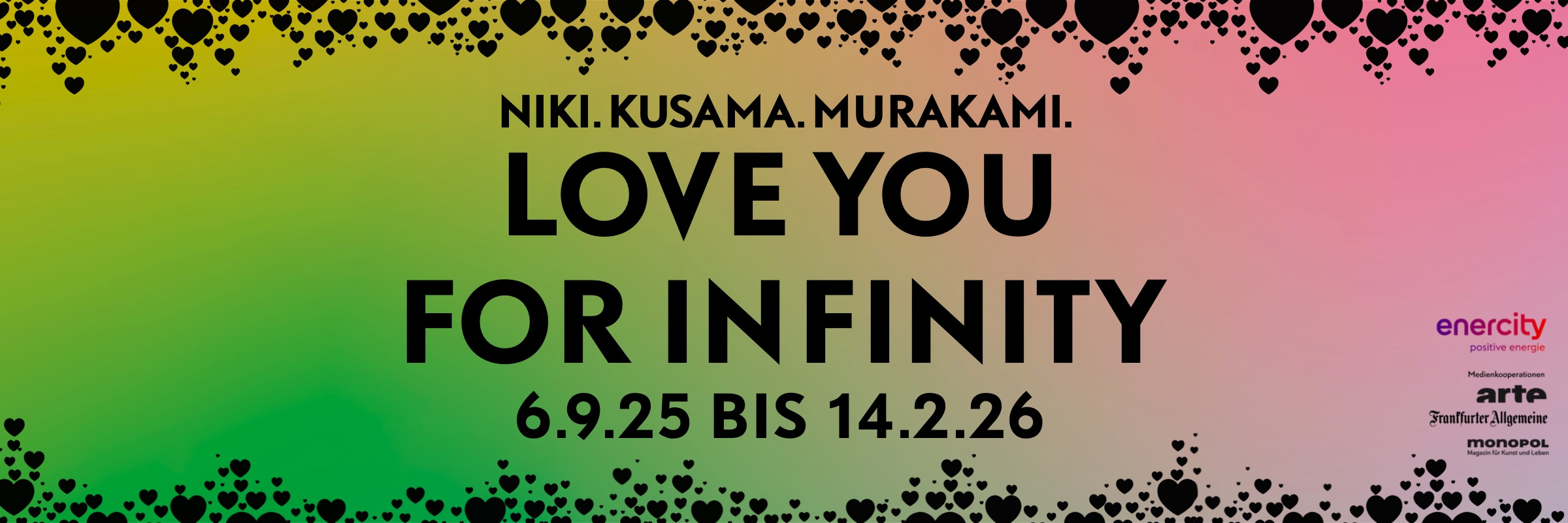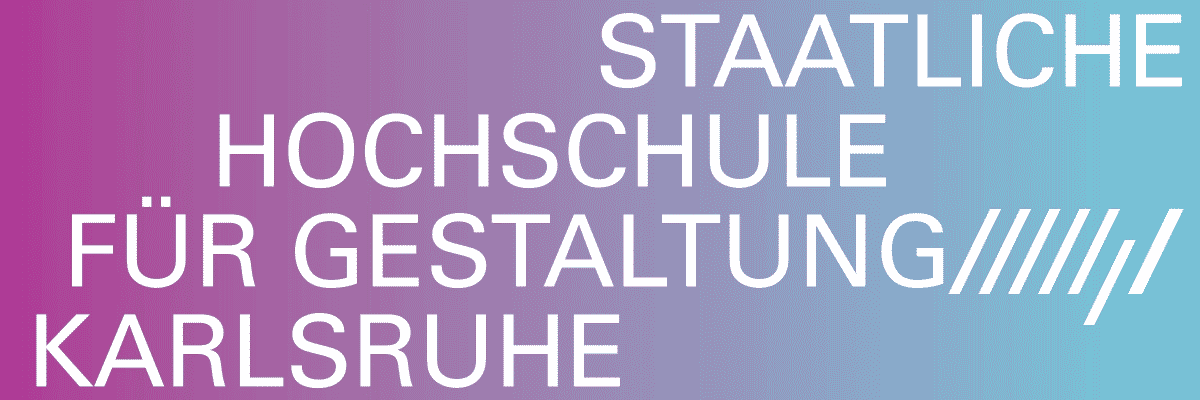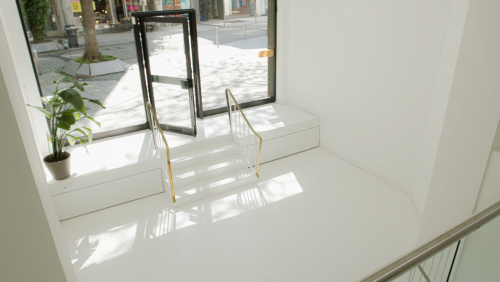
Mathias Weinfurter
Ankerstraße
Project Info
- 💙 Moltkerei Werkstatt
- 💚 Alexander Puetz
- 🖤 Mathias Weinfurter
- 💜 Alexander Puetz
- 💛 Bernhard Adams
Share on

Mathias Weinfurter, Solitär, 2023, hot dip galvanised steel, 834 x 170 x 208 cm © the artist photo: Bernhard Adams
Advertisement

Mathias Weinfurter, Solitär, 2023, hot dip galvanised steel, 834 x 170 x 208 cm © the artist photo: Bernhard Adams

Mathias Weinfurter, Ankerstraße, installation view © the artist photo: Bernhard Adams

Mathias Weinfurter, Solobau Relief, 2023, concrete from concrete recycling, gypsum fibre boards 680 x 380 x 3,5 cm © the artist photo: Bernhard Adams

Mathias Weinfurter, Ankerstraße, installation view © the artist photo: Bernhard Adams

Mathias Weinfurter, Solitär, 2023, hot dip galvanised steel, 834 x 170 x 208 cm © the artist photo: Bernhard Adams

Mathias Weinfurter, Ankerstraße, installation view © the artist photo: Bernhard Adams

Mathias Weinfurter, Status Quo Ladder Sankt Augustin, 2023, photo print, 70 x 50 cm © the artist photo: Bernhard Adams

Mathias Weinfurter, Ankerstraße, installation view © the artist photo: Bernhard Adams

Mathias Weinfurter, Ankerstraße, installation view © the artist photo: Bernhard Adams

Mathias Weinfurter, Ankerstraße, installation view © the artist photo: Bernhard Adams

Mathias Weinfurter, Ankerstraße, installation view (detail) © the artist photo: Bernhard Adams

Mathias Weinfurter, Ankerstraße, installation view (detail) © the artist photo: Bernhard Adams

Mathias Weinfurter, Ankerstraße, installation view (detail) © the artist photo: Bernhard Adams

Mathias Weinfurter, Ankerstraße, installation view (detail) © the artist photo: Bernhard Adams

Mathias Weinfurter, one half of Solobau Relief, 2023, concrete from concrete recycling, gypsum fibre boards 680 x 380 x 3,5 cm © the artist photo: Bernhard Adams
Gray canyons, brown balconies, orange awnings, small windows, 19 stories, surrounded by fields. High-rise housing estate, Ankerstrasse, Mülldorf, Sankt Augustin in North Rhine-Westphalia. Around 2.200 inhabitants live on 0.61 square kilometers. In Sankt Augustin, it is the neighborhood with the highest proportion of people living below the subsistence minimum, people with a migration background, living below the subsistence level, the second highest proportion of house-holds with children and an above-average proportion of single parents. For Mathias Weinfurter, Ankerstrasse is a nostalgic place and a playground for adventure. The artist spent his childhood in this melting pot of accumulation in the 1990s. It is a central place of his biography as it is for countless other in-habitants. It is a place of life paths and life decisions, of individuals coping with everyday life living under a collective roof — a place where life appears structurally precarious.
For an art exhibition, the question is: how does the installation Ankerstraße relate to life? The encounter of these two often seemingly alien parts of exhibition and living space is by no means intended to be merely a modification of extra-aesthetic social reality through artistic intervention. Field research, art as social strategy, often called sociological art — are terminologically, and in terms of content, facets of an aesthetic practice that can be subsumed as a social process. Mathias Weinfurter investigates and elaborates on natural life situations and stories. The artist does not work on the social structures from a bird‘s eye view, but is part of this structure — biographically he is intertwined with the architectures of Ankerstraße. The aesthetic impetus does not develop first, it is the social process of the work that lies at the beginning. Through the architecture itself, he cautiously attempts to register and break down the conditions of these structures and the ways in which they function.
It is also the expression of a discomfort with the existing society and a rapprochement through an extended point of view, an „artistic expertise“ that wants to participate socially, even more, to have an influence. Mathias Weinfurter functions here as a trigger and stimulator of social processes as well as an analyst not only within the art context, but above all in the extra-aesthetic social reality. In parallel, artistic and aesthetic forms and material connections emerge from this approach: Friezes of inscriptions on the facade and steel weaves that show the shape of the housing complex. His artistic practice raises awareness of social issues in the most general sense. It encourages the development of social consciousness, making power structures more transparent and, if possible, softening them, tracking down ideological syndromes, questioning norms, investigating socially stereotyped patterns of attitude, counteracting entrenched social behavior, and giving new impetus to interpersonal communication.
In Ankerstraße, the place — as it is and was the plot of countless individual life paths and stations — is interwoven with analysis, which is reflected in the clear geometric and sober form of the works. This gives rise to works that seem nostalgic, but more than that, reveal structures in which the aesthetic quality is composed from a place of longing and contemplation.
Alexander Puetz




